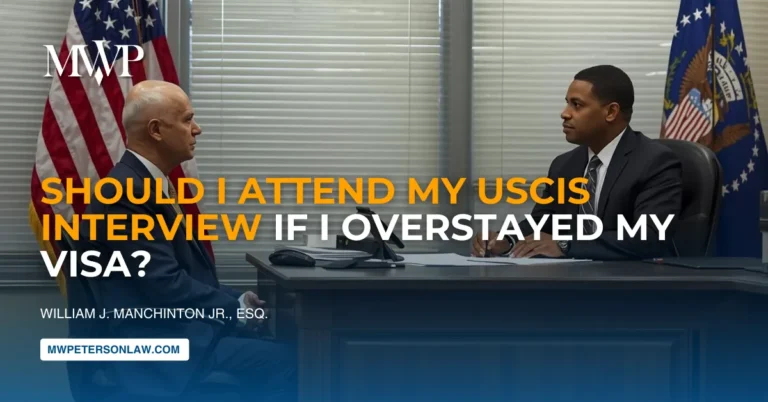Understanding Penalty For Shoplifting in Massachusetts
The penalty for shoplifting in Massachusetts can range from a simple fine to something more serious. It depends on how many prior shoplifting charges you have. Call or text the Law Office of Matthew Peterson at (617) 295-7500 if you have a shoplifting charge. I’d be glad to help!
Shoplifting seems like a relatively simple offense – it’s when you take something from a store. However, in Massachusetts, shoplifting encompasses a wide range of activities related to attempting to steal things from stores. In Massachusetts, shoplifting is a misdemeanor. Depending on whether you’ve been convicted of shoplifting before, the punishment can be up to 2 and a half years in the House of Corrections (jail).
What is Shoplifting in Massachusetts?
Shoplifting in Massachusetts includes a variety of offenses:
- Taking something for sale from a store
- Concealing an item on yourself
- Altering a price tag and attempting to buy merchandise based on a lower price
- Putting merchandise from one box into another box if it lowers the price
- Removing a shopping cart
Can I Go to Jail for Shoplifting in Massachusetts?
The penalty for shoplifting varies according to whether you’ve been convicted of shoplifting before and what the value of the items were.
If the value is less than $250:
- First Offense: Maximum Fine of $250.
- Second Offense: Fine from $100 to $500.
- Third or More Offense: Jail up to Two Years, Fine of up to $500.
If the value is at least $250: You may be given up to two-and-a-half years in jail and/or a fine of up to $1,000. If the value is over $250, though, you could be charged with larceny and possibly a felony.
Even though a shoplifting charge may only carry a fine, a shoplifting conviction may carry collateral consequences, such as immigration consequences, consequences for your employment, and possibly infringement on your right to carry a firearm. Even though the penalty for shoplifting may just be fine, you may still need a lawyer to protect you from these other consequences.
Can the Store Owner Arrest Me for Shoplifting?
The store owner is allowed to hold a shoplifter for a reasonable amount of time in what is known as “shopkeeper’s privilege.” See MGL ch. 231, s. 94B. Furthermore, a police officer can arrest you for shoplifting even if they didn’t witness it.
Suppose you’ve been charged with shoplifting in Massachusetts. In that case, it’s important to contact a criminal defense attorney in Boston MA who will fight for your rights and protect you from the possible negative effects on your life. Contact us today!
Our main office is located in Boston, Massachusetts, but I handle criminal cases, including shoplifting in all Massachusetts courts. Contact us at (617) 295-7500.
Frequently Asked Questions (FAQs) About Shoplifting in Massachusetts
1. What should I do if I am accused of shoplifting?
If you are accused of shoplifting, it is important to remain calm and not escalate the situation. Do not admit guilt or make statements that could be used against you. Request to speak with an attorney before answering any questions. It’s advisable to contact a criminal defense attorney as soon as possible to discuss your case and options.
2. Can I be charged with shoplifting if I change my mind and return an item?
Yes, you can still be charged with shoplifting if you attempt to leave the store with an item, even if you change your mind and return it. The act of taking the item without paying for it constitutes shoplifting, regardless of your intent to return it.
3. Will a shoplifting conviction appear on my criminal record?
Yes, a shoplifting conviction will typically appear on your criminal record. This can have lasting consequences, affecting employment opportunities, housing applications, and more. It’s important to consult with a lawyer about options for expungement or sealing your record if applicable.
4. What are the long-term consequences of a shoplifting conviction?
Beyond fines and potential jail time, a shoplifting conviction can lead to collateral consequences such as difficulty finding employment, loss of professional licenses, issues with immigration status, and restrictions on certain rights (e.g., firearm ownership). Consulting with an attorney can help you understand these implications.
5. Are there diversion programs available for first-time offenders?
In some cases, Massachusetts may offer diversion programs for first-time offenders charged with shoplifting. These programs may allow individuals to complete community service or educational courses in exchange for having the charges dismissed. It’s important to discuss these options with a qualified attorney who can guide you through the process.











